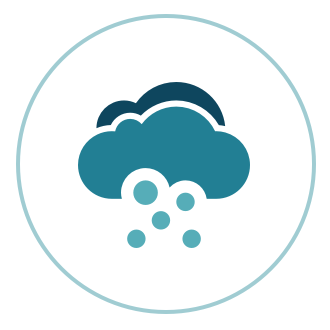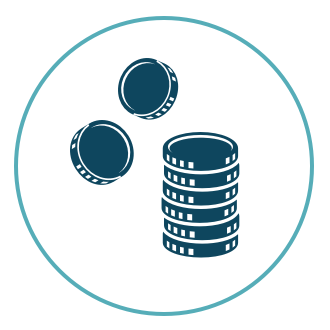Norway’s aim for Clean Energy, Environment and Economic Development in Nepal is to achieve inclusive and sustainable economic growth through the development of clean energy and climate cooperation.
Norway is committed to the Paris-agreement on climate change mitigation (The Paris Climate Accord), the Sustainable Development Goals (SDGs) and the Sendai Framework for Disaster Risk Reduction. We also seek to help our partner countries to achieve their own commitments.
Nepal has a vast hydropower potential, and Norway is supporting Nepal with Norwegian competence and technology transferred through the Norwegian Water Resources and Energy Directorate (NVE) and NTNU/SINTEF.
Together with the Government of Nepal and the Asian Development Bank, Norway also supports three projects to improve transmission and distribution infrastructure in Nepal for improved energy access to the population and to make it possible to import and export power.
Climate change in the Himalayas are happening faster than the global average and may affect as many as two billion people living downstream in Asia. At the same time, these changes are poorly understood. Water availability, agriculture, biodiversity, local communities and hydropower, will all be affected. Norway is therefore working with International Centre for Integrated Mountain Development (ICIMOD) to better understand and mitigate these effects and to encourage science-policy dialogue in the Hindu Kush Himalaya region.


